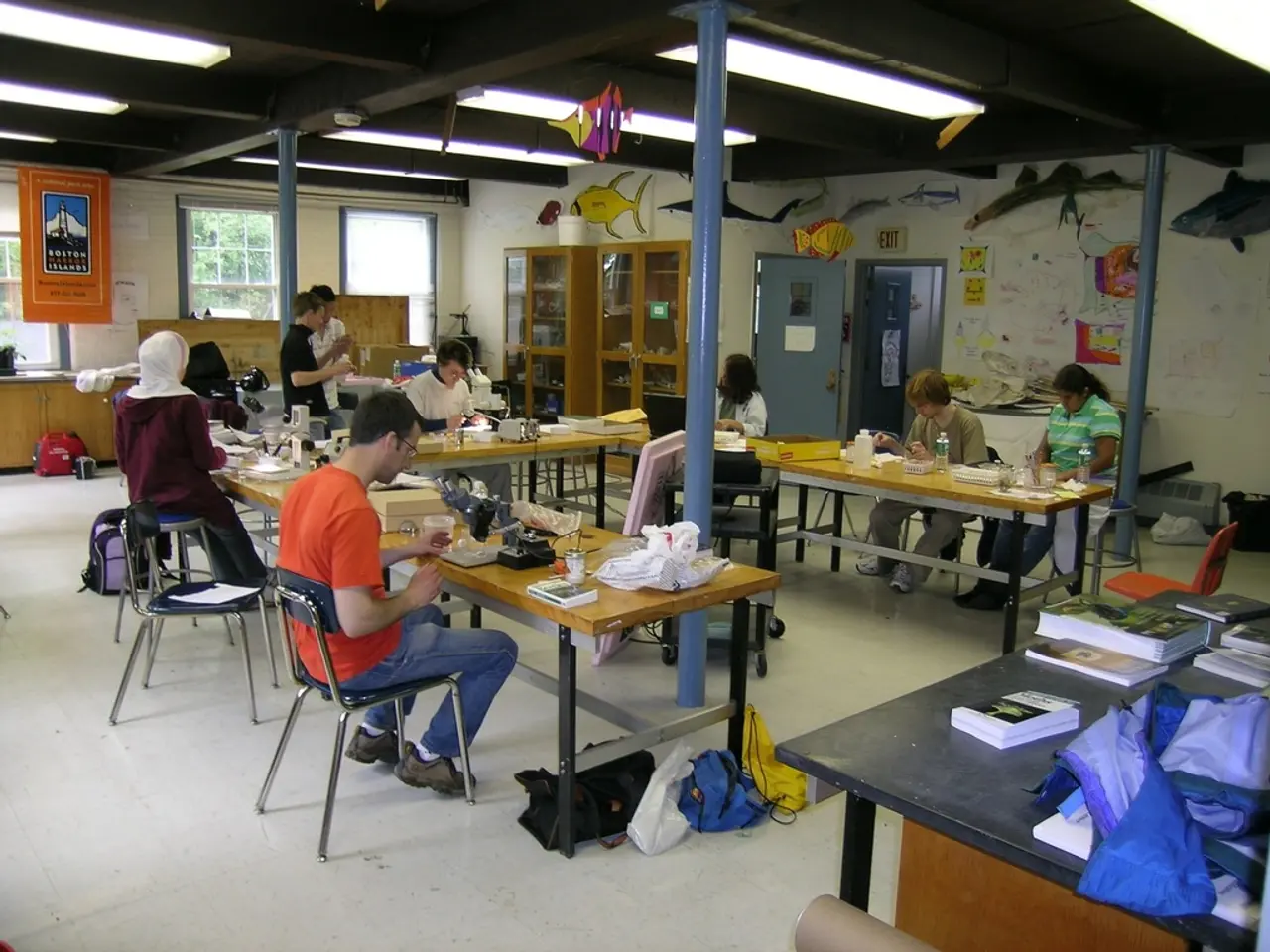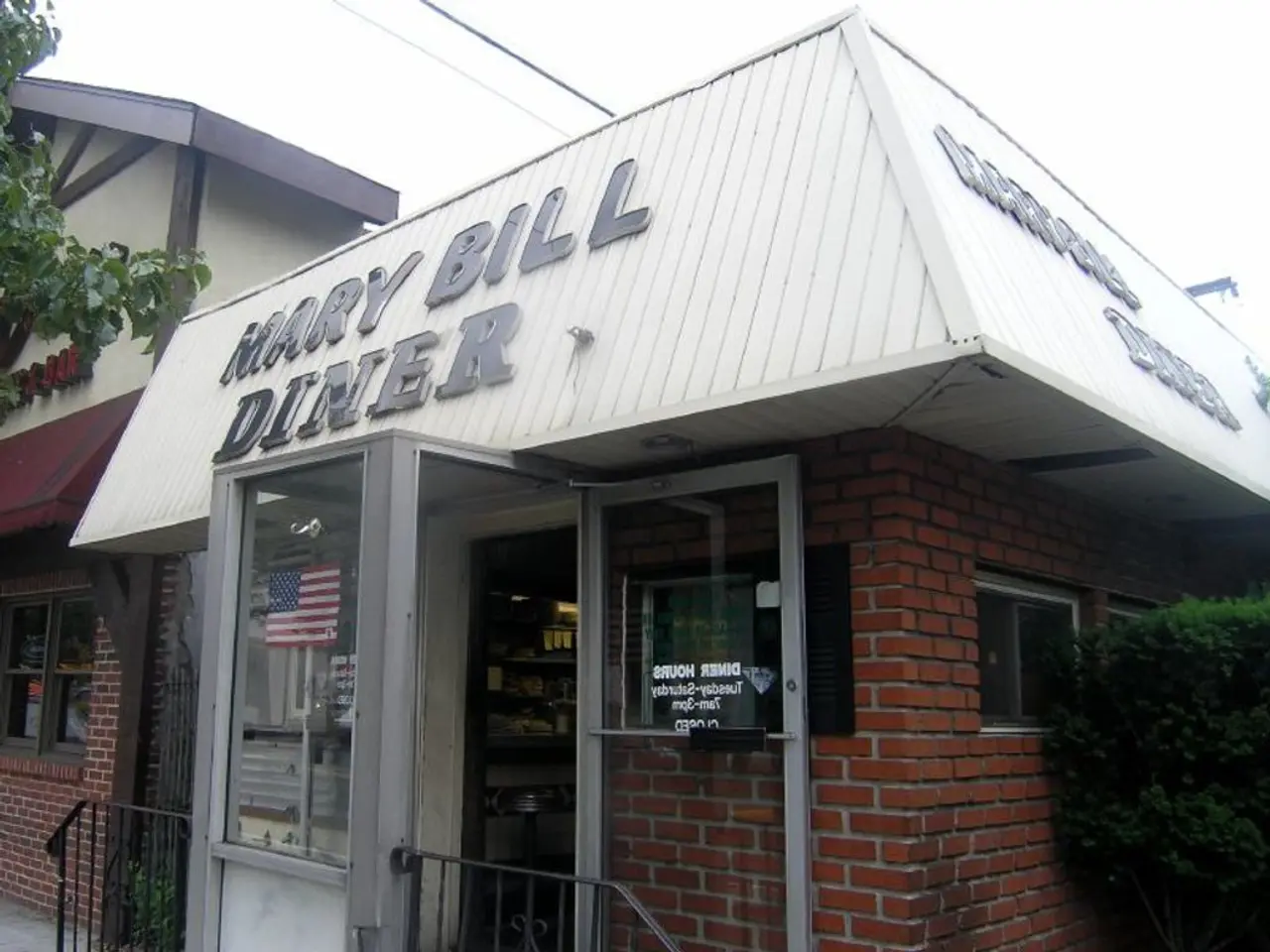Number of Congress Members Residing in Leased Properties
Ireland Tackles Housing Crisis with Reforms and Measures
Ireland is taking a multifaceted approach to address its ongoing housing crisis, focusing on increasing housing supply and enhancing tenant protections. The government's efforts include boosting private investment in housing construction, implementing a new national system of rent controls, and strengthening tenant protections.
Despite the ambitious targets set, such as a goal of 41,000 housing completions in 2025, the country is falling short, with only about 15,149 homes completed halfway through the year. Experts suggest over 50,000 annual builds are needed to alleviate the crisis. Apartment construction has doubled compared to last year, but overall commencement figures remain low, threatening future supply pipelines.
The government has allocated over €6 billion for housing in 2025, but funding disputes have delayed new social and cost rental housing projects. Notably, the cancellation of Social Housing Bundle 3 and possible cancellations of other bundles due to concerns about value for money have stalled the delivery of thousands of social homes. This uncertainty for private investors in the sector and doubts about public-private partnership (PPP) models for social housing delivery are causing concern.
Dublin City Council’s Tenant-In-Situ scheme, designed to help tenants at risk of homelessness remain in their homes, had its budget cut by €22 million in 2025, putting 126 families at risk of homelessness. This indicates challenges in maintaining tenant protections and preventing evictions amid budgetary constraints.
Historically, Ireland has rent controls via the Residential Tenancies Board (RTB), which caps rent increases to inflation measures. However, the current crisis has intensified calls for stronger tenant protections and rent control reform. The government's recent focus appears to be more on increasing supply and managing public spending efficiently.
The housing crisis has led to average rents reaching unprecedented levels in Ireland, with average rents exceeding €2,000 per month for the first time in 2025. The opposition has been critical of the government's handling of the housing crisis, with criticism extending to successive governments for failing to control spiraling rents.
The Coalition's announcement of these reforms comes in response to this criticism, aiming to lower rents in Ireland and provide better security of tenure for renters. The reforms also include a new national system of rent controls, intended to address the issue of escalating rents.
It's worth noting that the proportion of TDs and Senators who are renting is lower than the general population, with only 8 Irish national politicians living in private rental accommodation. The renters' plight is a key concern in the discussion about the housing crisis, with the reforms intended to provide more protection for renters in Ireland.
The housing crisis remains a prominent issue in the current debate, with the opposition continuing to criticise the government's handling of the situation. However, the Coalition is seeking to implement these reforms to address the ongoing crisis and improve the living conditions for renters in Ireland.
Finance and politics intertwine as the Irish government allocates over €6 billion for housing in 2025, aiming to boost private investing in real-estate development and alleviate the ongoing housing crisis. As the government unveils reforms to strengthen tenant protections and potentially reform rent control policies, the investing community keeps a close eye on the success of public-private partnership models and the progress of social housing projects, impacted by funding disputes and project cancellations. Meanwhile, general news continues to highlight the intensity of the housing crisis, as average rents surpass €2,000 per month, causing concern among the renters, opposition, and the general population.




